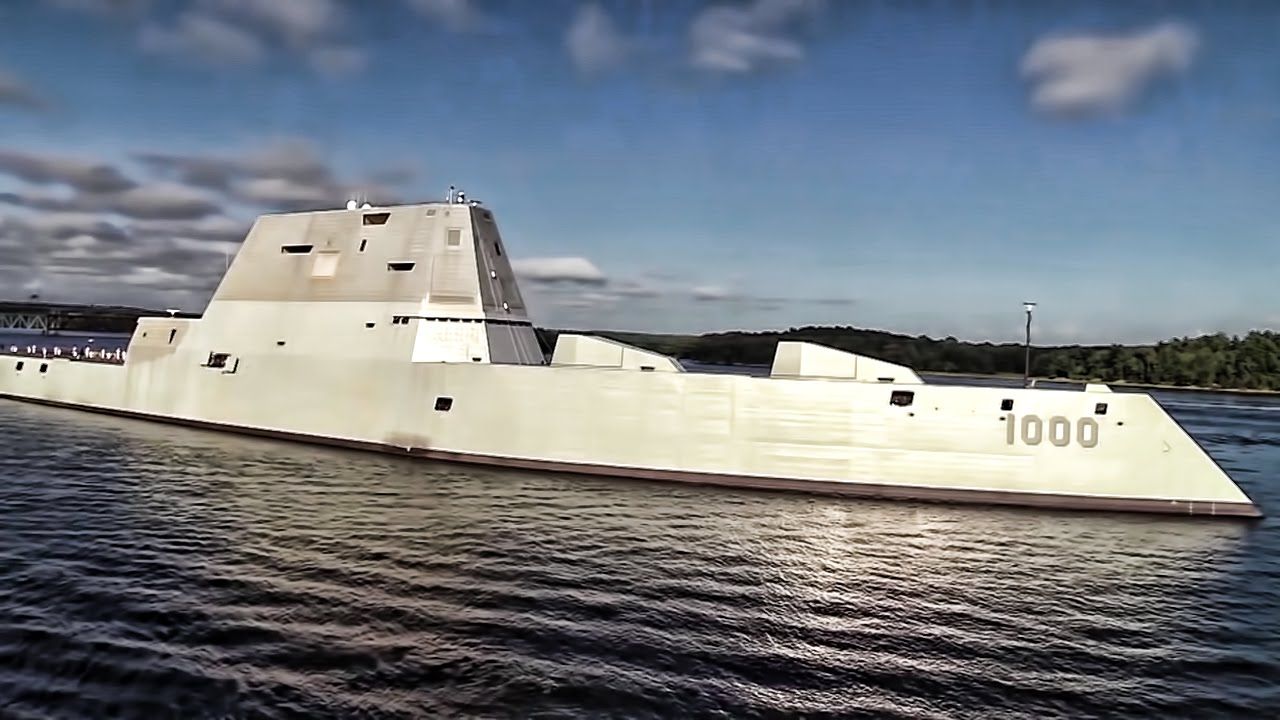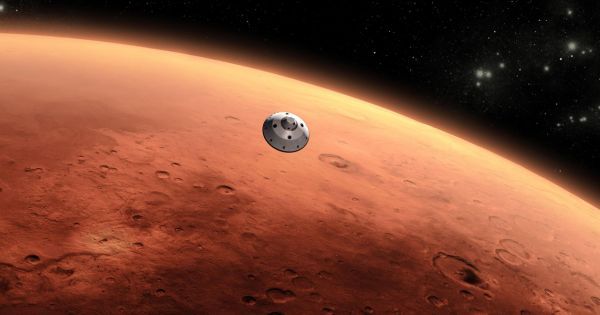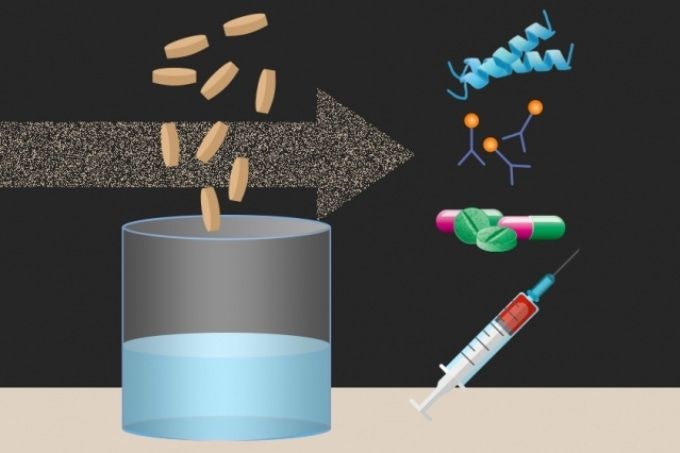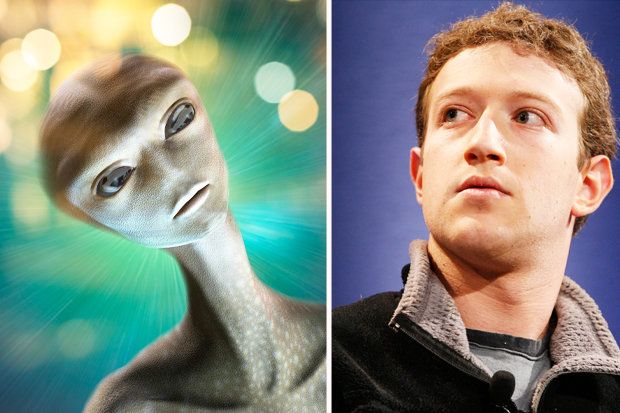Page 10792
Sep 23, 2016
How the government plans to make your self-driving car safer
Posted by Dan Kummer in categories: government, robotics/AI, transportation
A self-driving car may someday have to decide between your life and the lives of others. But how should the car choose? If you don’t know how to make that decision, that’s okay — Washington doesn’t either.
That’s one big takeaway in a new, lengthy document from the Department of Transportation that lays out options to make autonomous vehicles safer–and represents the most public sign of the attention self-driving cars are getting from politicians despite their inability to vote.
Sep 23, 2016
The Science of Star Trek — Documentary 2016
Posted by Shailesh Prasad in categories: education, physics, science, space travel
https://www.youtube.com/watch?v=rrSCinkFUtA
Is building our own starship Enterprise possible? Will we ever travel between the stars as easily as they do in Star Trek? JJ Abrams’ new feature, Star Trek Into Darkness, hits the screen in a golden age of scientific discoveries. HISTORY is there, giving viewers a deep look behind the scenes, on the set, and into the science–amazing new exoplanets, the physics of Warp drive, and the ideas behind how we might one day live in a Star Trek Universe.
Sep 23, 2016
6 Charts Breaking Down The Nascent Quantum Computing Startup Ecosystem
Posted by Karen Hurst in categories: computing, quantum physics
They forgot ORNL in the laboratory list.
Deals to three companies — D-Wave, Cambridge Quantum Computing, and Quantum Biosystems — dominate funding. But newer players are emerging.
Sep 23, 2016
Synthetic biology competition launched
Posted by Karen Hurst in categories: bioengineering, biological
An annual competition has been launched to assist companies aiming to solve world issues with synthetic biology.
Bio-start offers the winner a combination of £100k cash as well as laboratory space, professional services and a 10 week accelerator programme with mentorship valued at approximately £100k.
Dr Stephen Chambers, CEO of SynbiCITE, one of the companies involved in the founding of the competition said: “This is a first in the UK for synthetic biology and our aim is to help as many companies and entrepreneurs as we can. Once applications have been assessed up to twenty-five businesses will go through our ten-week boot-camp and mentoring programme. Up to ten will go through to the final awards evening where they’ll have a chance to pitch their ideas to an expert panel in front of an audience of investors and industry leaders.”
Sep 23, 2016
MIT-Led Team Creates Freeze-Dried Cellular Components to Produce Biopharmaceuticals on Demand
Posted by Karen Hurst in category: biotech/medical
A team of researchers at MIT and other institutions have developed miniature freeze-dried pellets that possess all of the molecular machinery required to convert DNA into proteins, which could form the basis for on-demand production of vaccines and drugs.
The pellets, which hold several enzymes and other molecules extracted from cells, can be stored for prolonged period of time at room temperature. When water and freeze-dried DNA are added, the pellets start to produce proteins encoded by the DNA.
It’s a modular system that can be programmed to make what you need, on the spot. You could have hundreds of different DNA pellets you can add in the field.
Sep 23, 2016
New Device Can Produce Electricity From Spinach Leaves
Posted by Karen Hurst in category: engineering
“The combination of natural (leaves) and artificial (photovoltaic cell and electronic components), and the need to make these components communicate with each other, are complex engineering challenges that required us to join forces,” said Avner Rothschild, researcher at the Technion-Israel Institute of Technology, at Haifa, in Israel.
Sep 23, 2016
Facebook boss Zuckerberg and Stephen Hawking go hunting for aliens on earthlike planet
Posted by Karen Hurst in category: alien life
The duo are joining forces with Russian technology tycoon Yuri Milner to launch the £76million project called Breakthrough Listen.
They will use the world’s most powerful radio telescopes to monitor a planet called Proxima b, which is believed to contain all the right conditions to support life.
The planet is 25 trillion miles from earth and orbits our nearest star, Proxima Centauri, which acts as its sun.
Sep 23, 2016
Russian radar can see $4.4 billion stealth destroyer Zumwalt
Posted by Karen Hurst in category: military

The Russian media revealed that the newest stealth technology produced by the US is not as efficient as it is believed.
The newest U.S. Navy destroyer Zumwalt was not only one of the most expensive in history, but also the most inefficient. New faults were found in its design, reports USNI News. The lubrication system is not working, responsible for the maintenance of the propeller shaft of the ship. It has taken in water, when the destroyer went to sea at the naval base in Norfolk during the current stage of testing. Repairs are expected to take no less than two weeks.
Continue reading “Russian radar can see $4.4 billion stealth destroyer Zumwalt” »
















